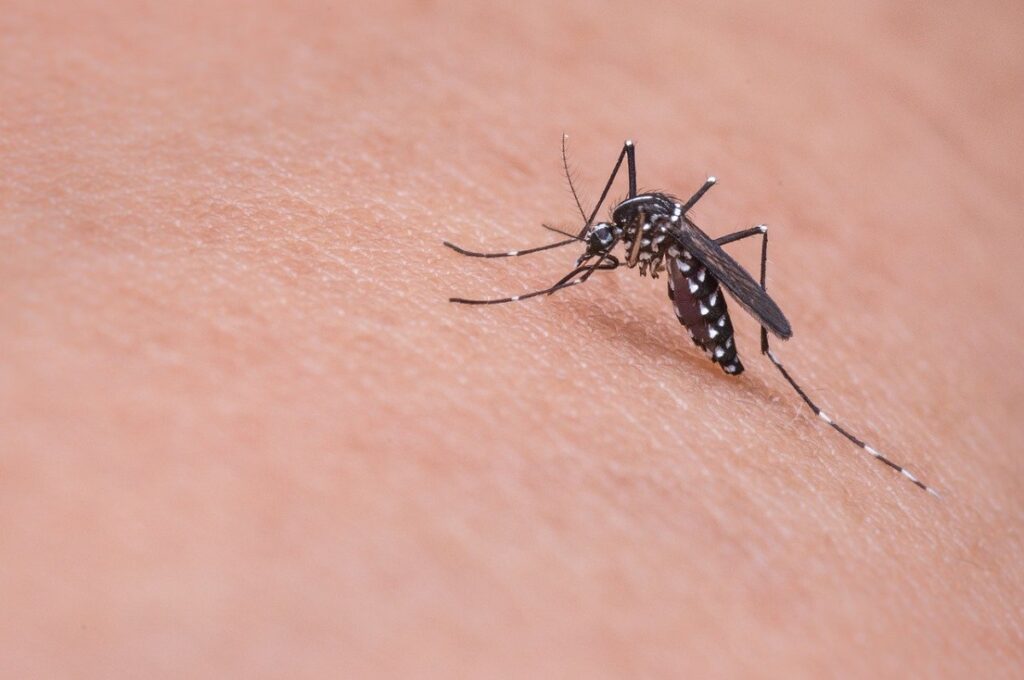The fears of a Zika pandemic were real a few years ago. However, the spread of COVID-19 has put all the research in this segment on hold, Good Day BIO reports.
The world was left with many unanswered questions about the virus, which can cause serious birth defects and brain damage. But, we also have questions regarding how to control the mosquito that spreads diseases like Zika and yellow fever.
The New York Times has reported that “in Brazil, where the Zika epidemic began in 2015, there were 19,719 probable cases of Zika registered in 2022 by the end of July, and probably many more asymptomatic or misdiagnosed cases.”
Dr. Albert Ko, an epidemiologist, told the New York Times that parts of Brazil and Latin America not already exposed to Zika may be vulnerable.
We don’t know enough about testing and vaccine trials were abandoned during the COVID pandemic. Meanwhile, babies born with Zika from the original outbreak are now seven and underserved due to the lack of research into the disease.
Harmless bacteria fight mosquito-borne diseases
According to the World Mosquito Program, Zika is a virus that is spread by the Aedes aegypti mosquito—which is also responsible for chikungunya, yellow fever, and dengue fever.
“Mosquitoes pick up viruses by biting infected people. When they bite again, they can transmit the virus to the next person. This is how mosquito-borne diseases spread. Mosquitoes do not naturally carry viruses – they can only get them from infected people,” the World Mosquito Program states.
In order to stop mosquitoes from carrying diseases, the World Mosquito Program breeds and uses mosquitoes that are infected with Wolbachia.
Wolbachia is a harmless bacteria “present in more than 60% of all insects, including dragonflies, butterflies and moths,” Nature writes.
However, this particular type of mosquito is an anomaly and sees no naturally occurring Wolbachia.
According to the Nature, “when the bacterium is introduced into Ae. aegypti eggs, the dengue virus is unable to replicate in the modified mosquitoes that hatch. The exact mechanisms for this are unclear, but some experts suggest that Wolbachia outcompetes the virus for resources such as lipids, or turbocharges the host’s immune response.”
The bacteria crowd out dangerous viruses in the mosquitoes, which have been successfully released to breed in the wild.
Biotech is researching mosquito-borne disease
Good Day BIO states that biotech is working on solutions to mosquito-borne disease—including gene editing these same mosquitoes to control their reproduction, as well as making infected people smell less attractive to the mosquitoes.




